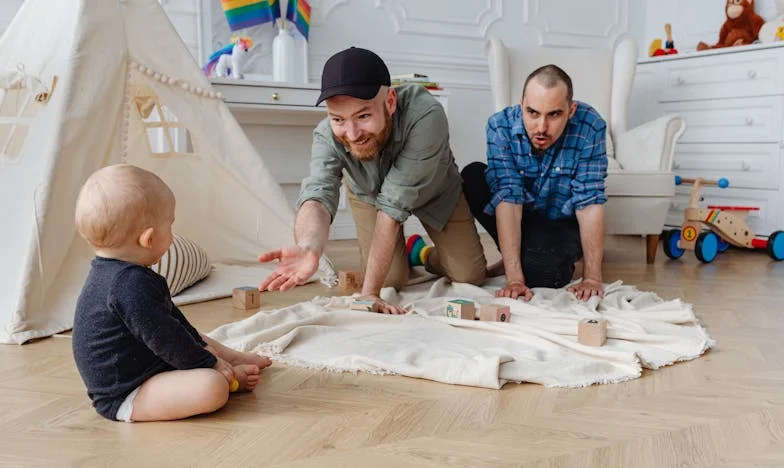The Golden Hours: Finding the Right Amount of Playtime with Your Children
In the bustling rhythm of modern life, parents often find themselves juggling between their professional responsibilities and the demands of home life. Amidst this balancing act, a question frequently arises: How much time should you be playing with your kid? While there is no one-size-fits-all answer, understanding the importance of quality over quantity and recognizing the unique needs of each child can guide parents in nurturing a healthy, happy family dynamic.
The Importance of Play
Play is not just a way to pass the time; it is a critical component of child development. Through play, children learn social skills, problem-solving, and creativity. It also offers an invaluable opportunity for parents and children to bond, understand each other, and build a foundation of trust and communication.
Quality Over Quantity
Hunter, a father of two, shares his experience, “With my job demanding so much of my time, I worried I wasn’t spending enough hours playing with Landon and Ella. But I’ve learned it’s not about the clock. It’s about making those moments we do have together truly count.” Hunter’s insight highlights a vital point: the quality of the time spent together can be more impactful than the quantity. Engaging fully, without distractions, and choosing activities that foster interaction and laughter can create lasting memories and strengthen relationships.
Recognizing Individual Needs
Children, like adults, have unique personalities and needs. While Zachary, a vibrant 8-year-old, may crave high-energy games and outdoor adventures, Christina, a thoughtful 6-year-old, might prefer quiet storytimes or puzzles. Stephanie, a child psychologist, advises, “Tune into your child’s interests and energy levels. It’s not just about spending time together; it’s about spending time well together.”
Real-Life Balancing Acts
Balancing work, personal time, and family life is an art. Stephanie shares a story of a family she worked with: “Christina’s parents were concerned about their busy schedules. We worked on creating a weekly family game night and dedicated ‘Christina and parent’ time, where she could choose the activity. This not only ensured regular bonding time but also made Christina feel valued and heard.”
The Verdict
So, how much time should you be playing with your kid? While there’s no magic number, aiming for meaningful, engaged interactions daily is a good rule of thumb. Whether it’s 20 minutes of reading together before bed, an hour of outdoor play on the weekends, or a family game night, what matters most is the connection and joy shared during these moments.
In conclusion, remember that every family is different. What works for Hunter and his children might not be the perfect fit for Zachary and Christina. The key is to communicate, stay flexible, and prioritize the moments that bring your family closer. In doing so, you’ll not only enrich your children’s lives but also create a treasure trove of cherished memories that will last a lifetime.
